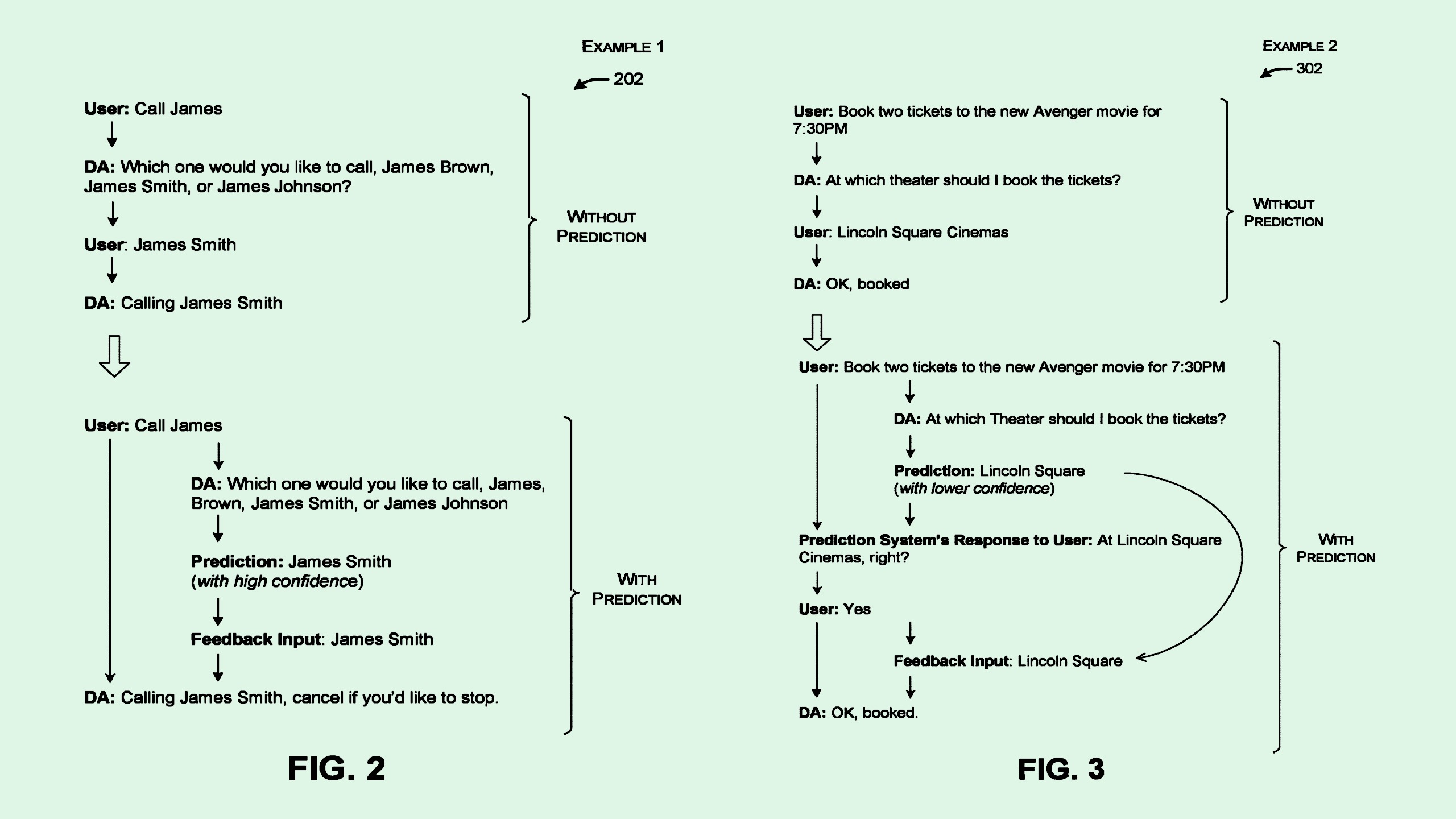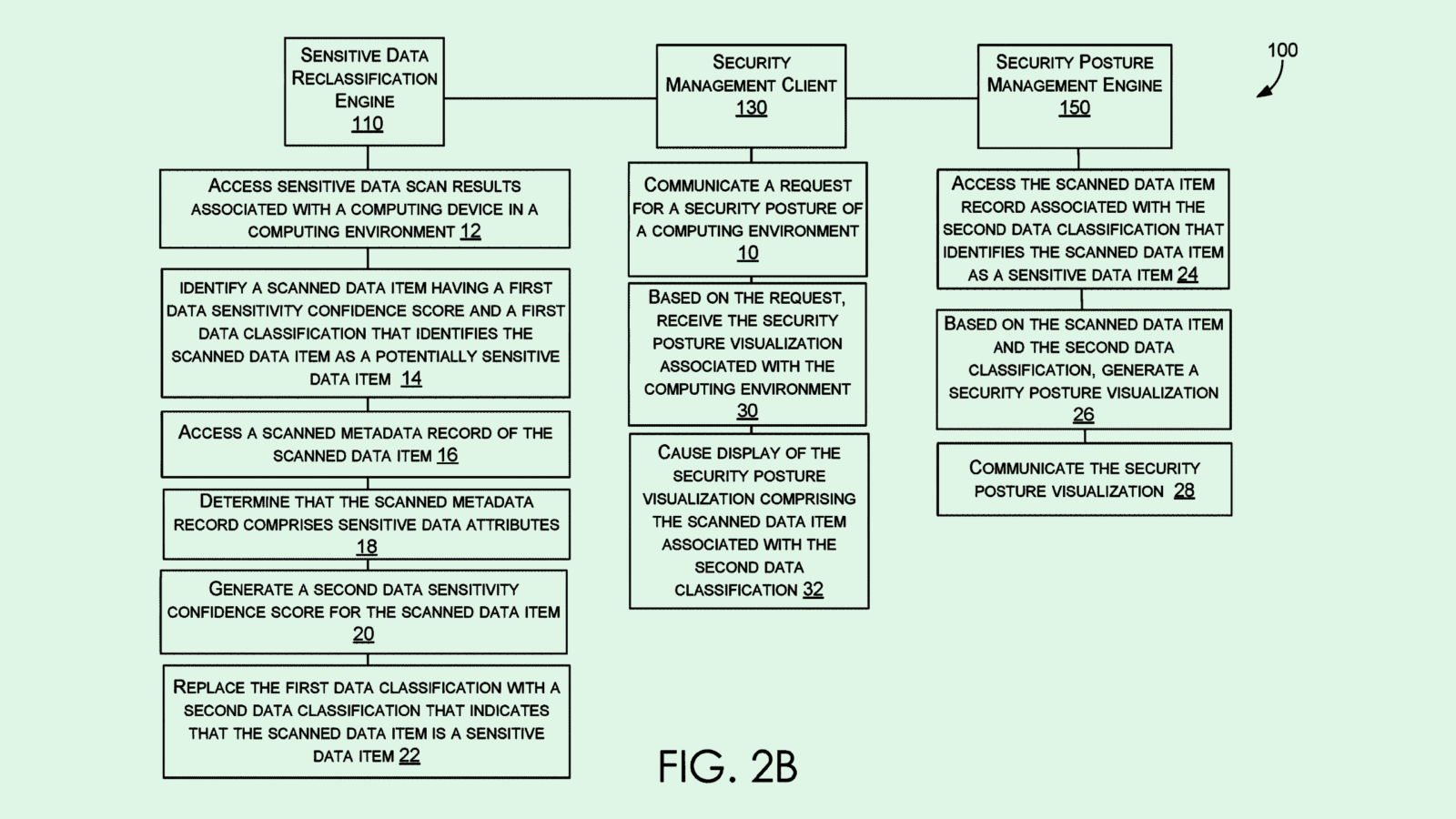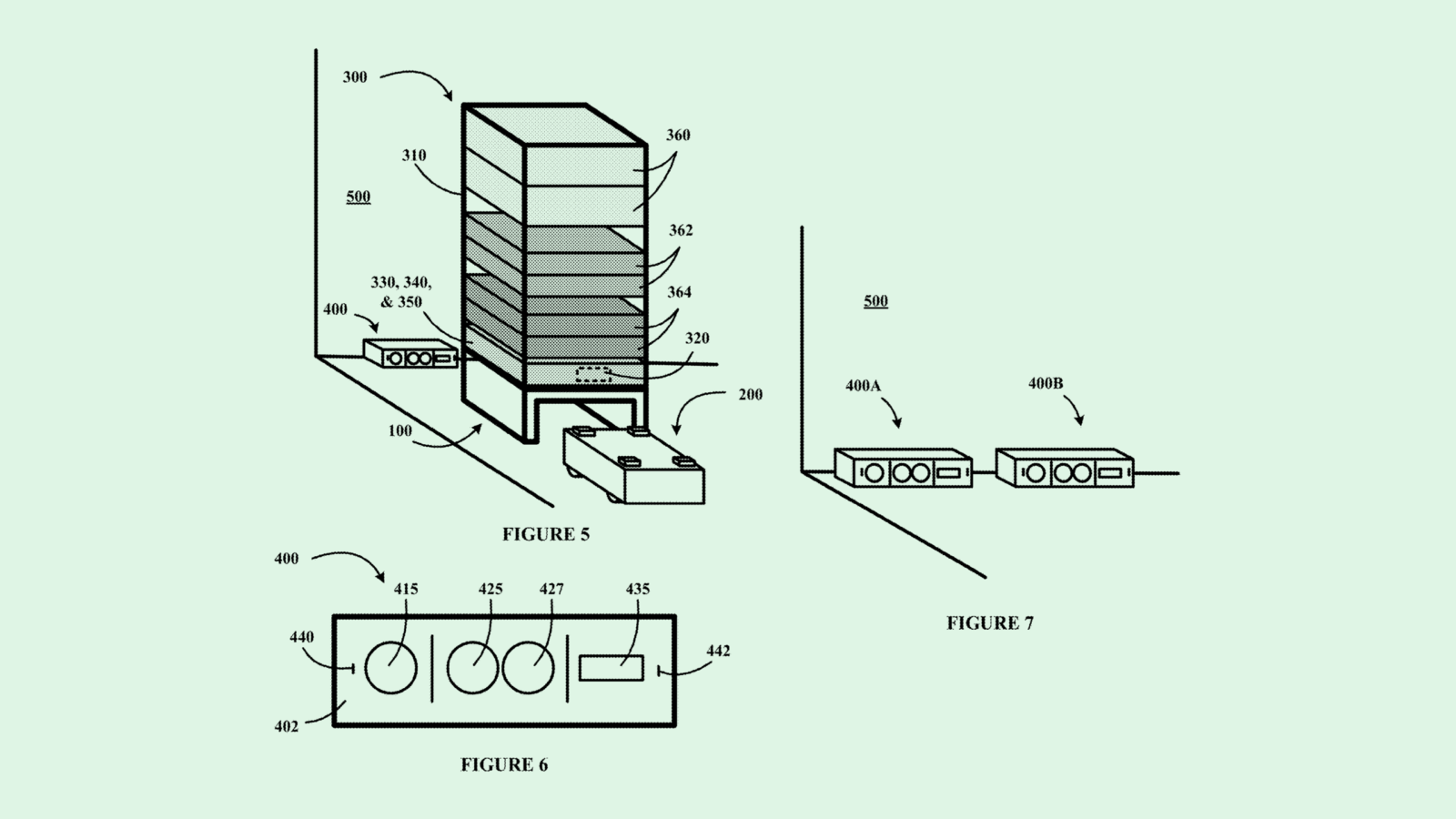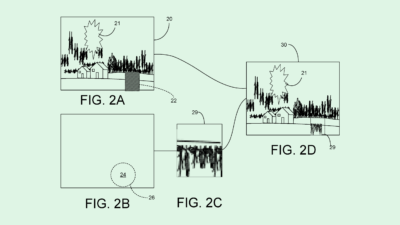Microsoft May Give its AI Chatbots a Personal Touch
Its patent to speed up interactions between you and your chatbot signals a growing interest in personalized AI.

Sign up to uncover the latest in emerging technology.
Microsoft wants you to get to the point.
The tech firm filed a patent application for “expediting interaction” with a digital assistant by “predicting user responses.” Microsoft’s filing pitches an AI assistant that relies on specific context related to the user, so as to not answer questions with more questions.
“A user may grow frustrated with the amount of time it takes a digital assistant to understand and perform a task,” Microsoft said in the filing. “Further, a digital assistant does not necessarily improve over time through repeated use. It may require the user to undergo the same time-consuming dialogue each time.”
While developers have addressed these issues separately with things like feedback mechanisms or intent understanding, Microsoft’s tech attempts to create an all-in-one solution for a “consistent personalization service.”
Here’s how it works: When Microsoft’s system first receives a user input, it will create a response predicting how a conversation with that user may play out. The system does this based on “linguistic content” of the message, as well as “contextual features pertaining to a circumstance” of a user’s message. The contextual features may be previous chats with a user, their location or the time they submitted the message.
After predicting how a conversation may go, the system will select a dialog action based on the confidence value associated with its prediction. The dialog action would bypass additional back-and-forth between the user and the chatbot.
For example, if a user asked the system to call “James,” but the person had three people with the first name James in their contacts, the system may choose which one to call based on previous requests.
As the Big Tech battle for AI dominance rages on, personalization may be a part of Microsoft’s strategy to win. Its previous patents also hint at this, with filings for an emotional support chatbot that offers psychological and cognitive monitoring and AI models for wellbeing and productivity check-ins.
The company also started adding personalization to Copilot in November with an update that allows users to tweak the formatting and tone of the chatbot’s output to their liking. This personalization applies to Word and PowerPoint first, and later extends to other 365 apps.
Microsoft isn’t alone chasing personalization. ChatGPT creator OpenAI announced its own customization tool for individuals and small businesses in November, allowing users to quickly create their own chatbot for specific tasks without needing any software development experience.
Personalization could go a long way toward AI adoption by making models more applicable to people’s everyday lives and needs. One potential problem, however, is the personal data needed to make this a reality. The tech outlined in Microsoft’s patent in particular gets to know its users over time through their inputs and data, adjusting its responses as it learns who you are. And the more personal data companies store, the bigger the risk.
But Microsoft seems to be taking this burden seriously: The company debuted new data privacy protections in November at its Microsoft Ignite conference, one of which automatically classifies sensitive data in users’ responses.
While Microsoft has major goals to make AI the core of its business, gaining dominance in the market comes at a cost. The company said in its earnings call last week that it expects capital expenditures to “increase materially,” causing shares to dip in reaction to the rising cost of development.











